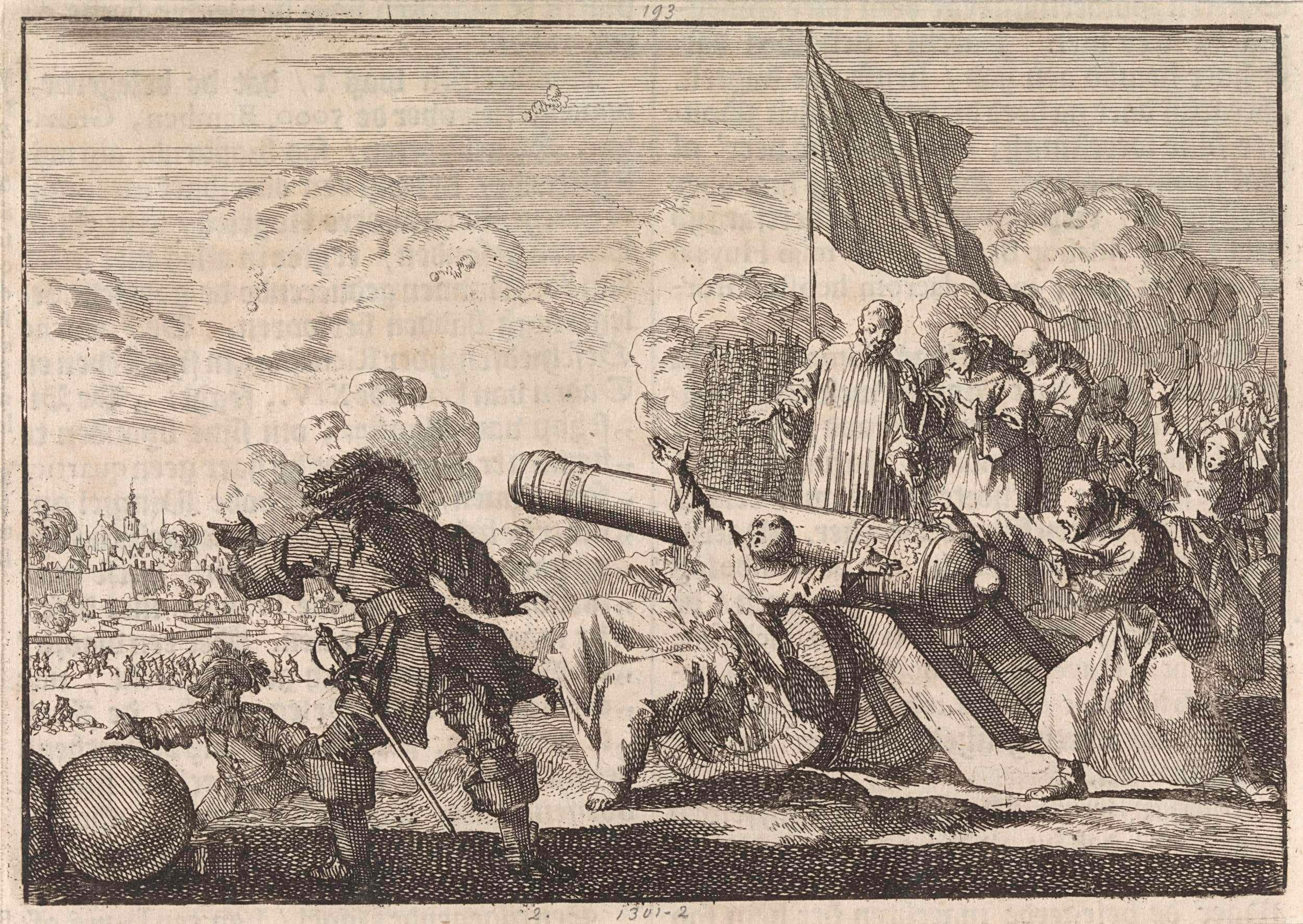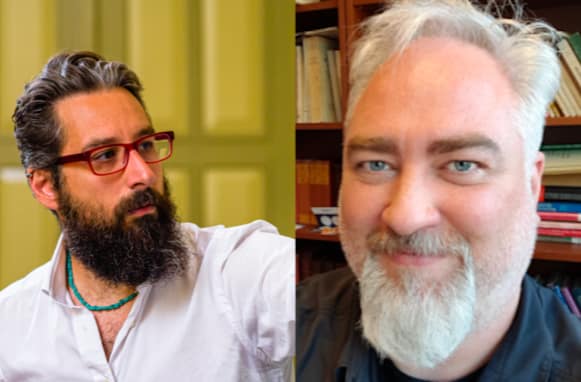
The pursuit of timeless freedom
We research master students have a complicated relationship with time. Without it, we are lost, and with it, we feel rushed. We kill it over and over again, but somehow it keeps springing back to life. We are unhappy when we have too little time to finish everything we like to do, but get bored when we have too much time on our hands. In essence, we are governed by the clock every waking moment of our lives.
“Doing a two-year Master program, for example, will probably lead to many more learning experiences and intellectual development than a one-year Master.”
In a world ruled by appointments and deadlines, time can be our greatest enemy, but also our most treasured friend when we have enough of it. Sometimes having enough time can result in wonderful projects and creations, ones that could not have been finished in lesser amounts of time. Doing a two-year Master program, for example, will probably lead to many more learning experiences and intellectual development than a one-year Master. So even though taking your time results in losing time, it is an investment that might be worth it.
Chronos and Kairos
Regardless of how we spend our time, we might want to examine our relationship with time. I sometimes wonder why time dictates our lives to such a great extent, and whether this focus on time limits us in our freedom. Inspired by the famous philosopher Henri Bergson, Joke Hermsen describes the two very different faces of time in her novel Stil de tijd (English translation: Time on our side). The Ancient Greeks even had two separate words for time, derived from the Greek gods representing it. Chronos, better known as Father Time, is the personification of the chronological time as we know it today. Kairos, on the other hand, was the god of the right or opportune moment, a moment actually without the experience of Chronos. Kairos therefore describes a more qualitative time, a ‘creative flow’, that is dependent on the person using it. It is not easily captured, and if you search for it you might never find it.
“Recently, I heard a professor mention to a colleague that when she has to write a research paper, she books a long train trip to eastern Germany. Only that way she could get away of all the reminders of time creeping up on her, and reach that creative flow.”
Bergson believed we can only be truly free if we shake off the chains of Chronos and start living by our personal experience of time. But how is this possible? As Research Master students we are constantly searching for that timeless moment in which we finish our assignments effortlessly. When we reach that moment, we value it highly and it makes all our efforts and difficulties worth it. However, most of the time we are continuously reminded of the clock, by our laptops, our watches or even our phones. Recently, I heard a professor mention to a colleague that when she has to write a research paper, she books a long train trip to eastern Germany. Only that way she could get away of all the reminders of time creeping up on her, and reach that creative flow. Unfortunately, as a student I do not have this luxury, so I have to find my timeless experience elsewhere.
Let’s forget about Father Time from time to time
Perhaps the only way to release oneself from the claws of Father Time is to forget about it altogether. Put away those cellphones, computers, and televisions! Just go out for a stroll, preferably to places where you will not run into people you know. Take your time (terrible phrasing) to experience the moment, to just let it be. In psychology this is called mindfulness, and the application of mindfulness techniques to the treatment of various psychological disorders is now highly researched. But we Research Master students could learn from the basics of that approach as well.
Of course we cannot suddenly start experiencing timeless moments all the time, we would not be able to live proper lives then. But every once in a while we could try to become less conscious of time, maybe while enjoying something nice or while we are in a creative flow. We might not be able to kill time, but we can try sedating it by just letting go. Scary and time-wasting as that might seem, time really only flies when we are not watching.
Relevant Publications and Links
Hermsen, J.J. (2013). Stil de tijd. Utrecht: Arbeiderspers.
NOTE: Image by Fabiola Medeiros, licenced under CC BY 2.0
This blog post is an adaption of a short article that appeared in Diemensies, a magazine by and for students of the Faculty of Behavioural and Social Sciences, in 2013.



